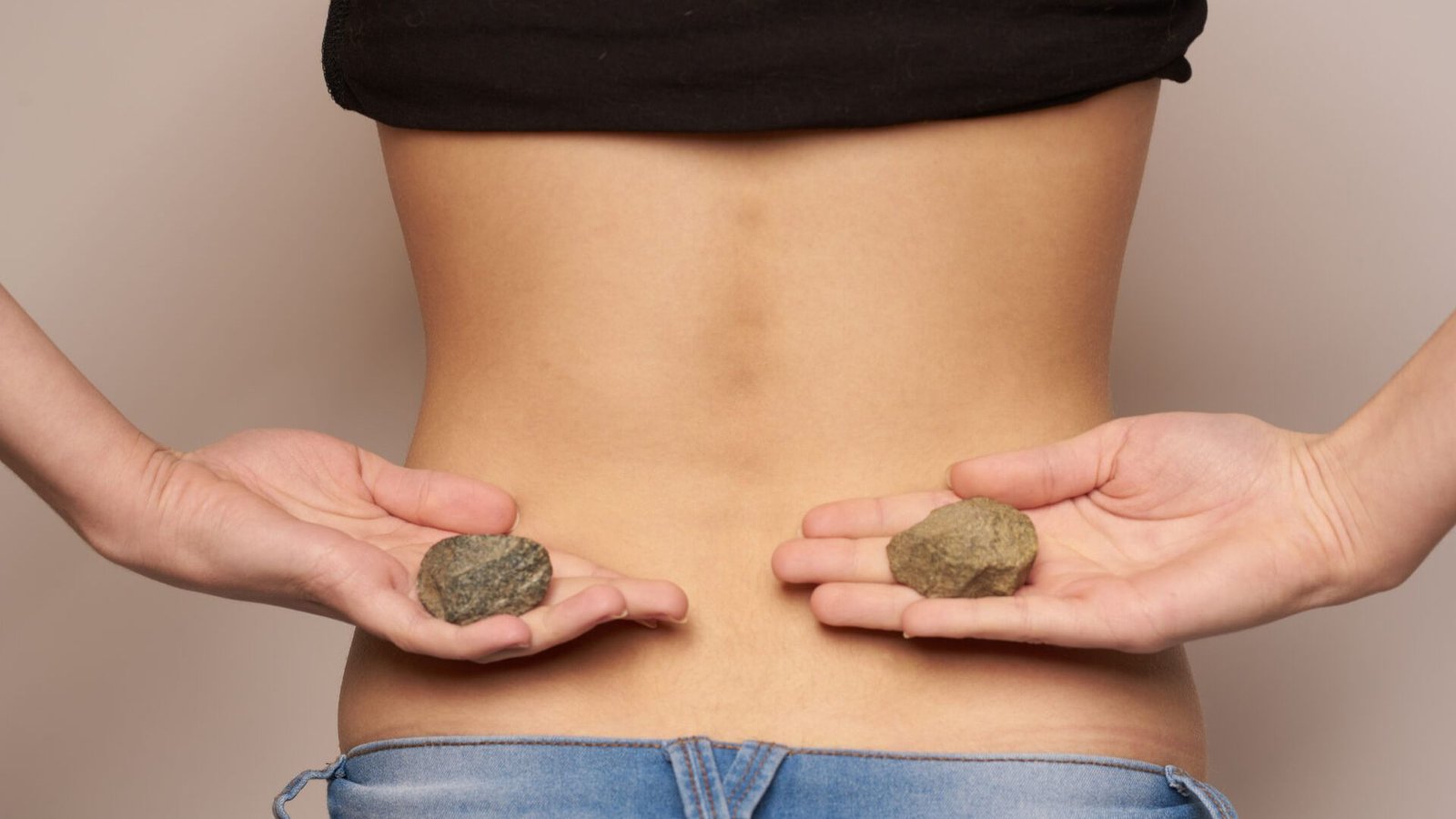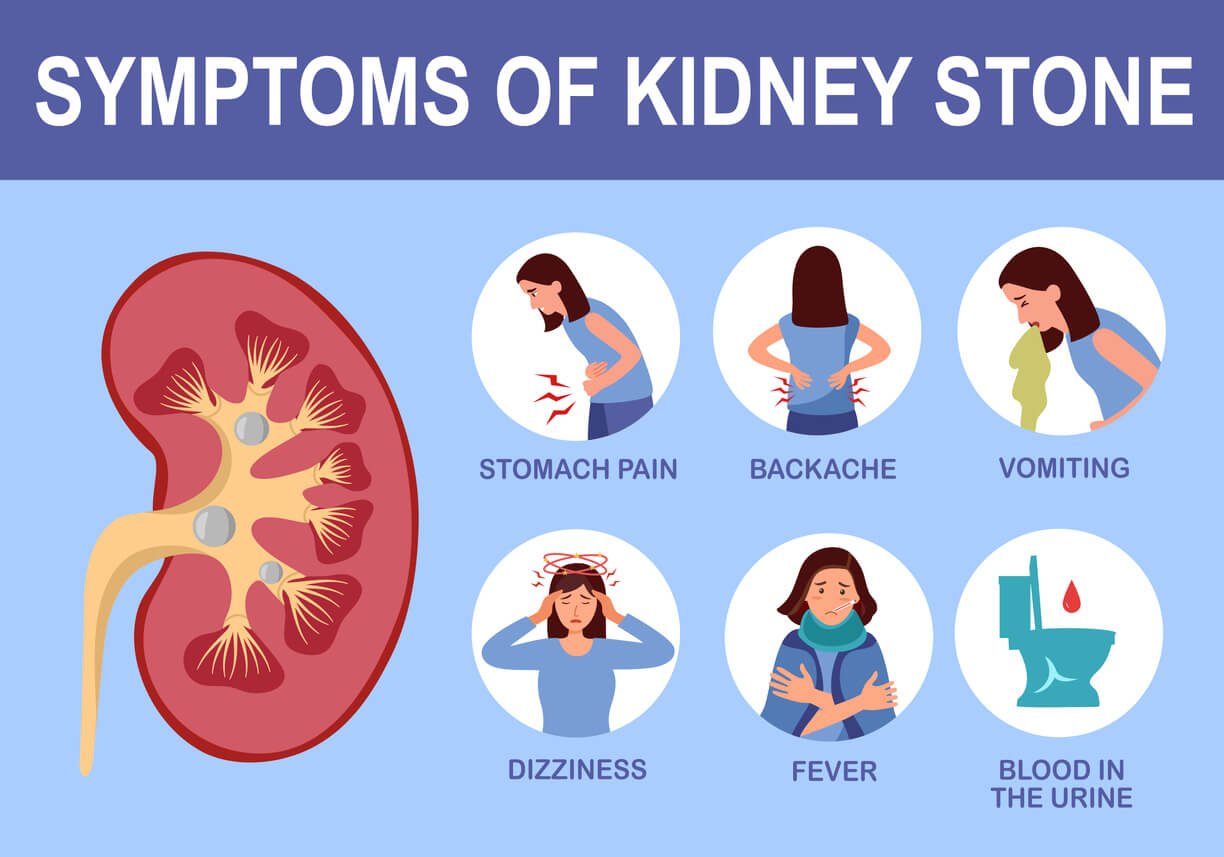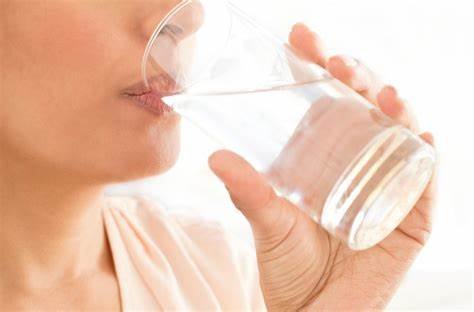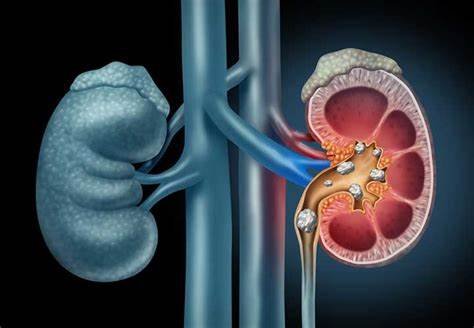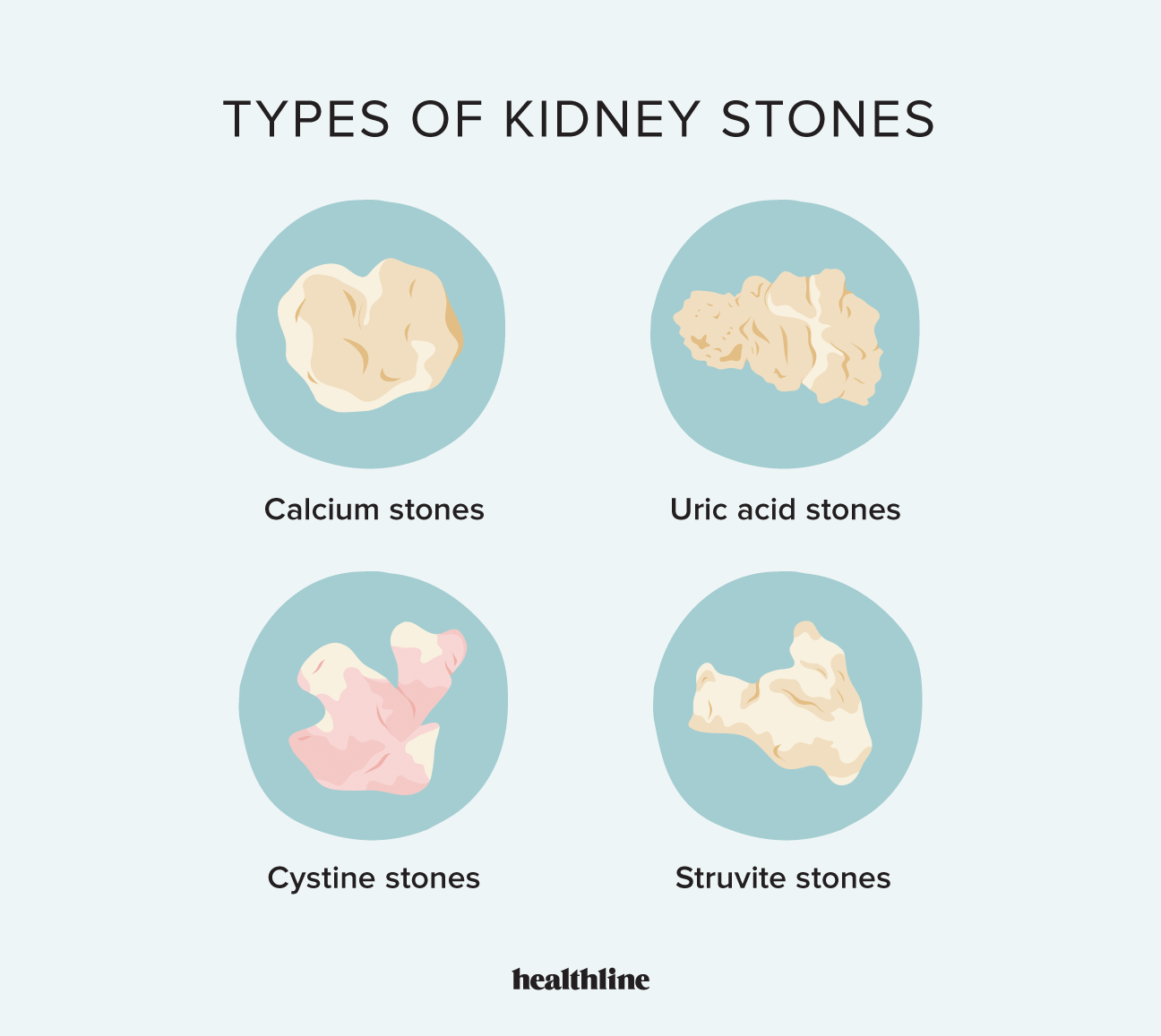Kidney stones can cause excruciating pain as they move through the urinary tract. Whether the stones are small and pass easily or larger ones causing blockages, the pain associated with them is often intense and can be overwhelming. Fortunately, there are several ways to manage kidney stone pain, from at-home remedies to medical treatments. In this article, we will explore various strategies to help alleviate the discomfort and pain caused by kidney stones.
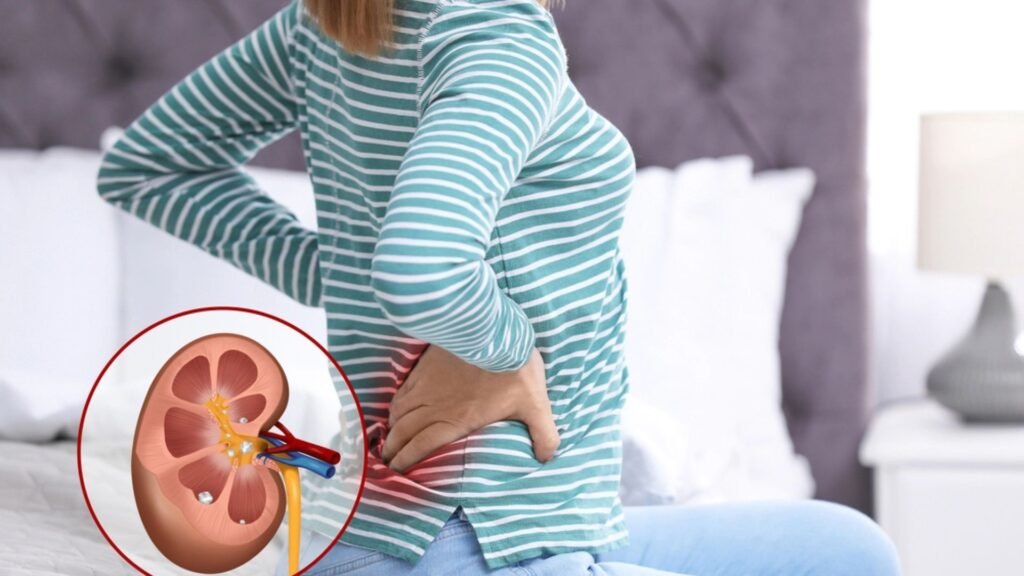
Understanding Kidney Stone Pain
Kidney stone pain, known as renal colic, is often described as one of the most intense types of pain a person can experience. The pain typically begins suddenly and can vary in intensity as the stone moves through the urinary tract. Common symptoms of kidney stone pain include:
- Severe pain in the back, side, or abdomen
- Painful urination
- Nausea and vomiting
- Blood in urine
- Frequent urination
The pain can come in waves, with periods of sharp, intense pain followed by moments of relief. This pain is caused by the stone’s movement and its ability to block or irritate the urinary tract.
Pain Management at Home
While kidney stones often require medical treatment, there are a few strategies that can help manage the pain at home, especially for small stones that are likely to pass on their own.
Hydration
One of the best things you can do to manage kidney stone pain is to drink plenty of water. Proper hydration helps the stone move through the urinary tract and pass more easily. Drinking water also dilutes the urine, which can reduce pain caused by the stone’s irritation.
Heat Therapy
Applying a heating pad or warm compress to the painful area can help relax the muscles around the kidney and alleviate some of the pain. A warm bath or shower may also provide comfort.
Pain Relievers
Over-the-counter medications like ibuprofen (Advil, Motrin) or acetaminophen (Tylenol) can be effective in managing mild to moderate pain. These medications help reduce inflammation and relieve discomfort. However, always check with a healthcare provider to ensure that these medications are suitable for you, especially if you have any underlying health conditions.
Dietary Adjustments
Avoiding foods that can exacerbate kidney stones, such as those high in oxalates (like spinach and chocolate), can be helpful in reducing irritation. Focus on maintaining a balanced diet with plenty of fruits, vegetables, and whole grains to support overall kidney health.
Medications for Pain Relief
If over-the-counter pain relievers do not adequately manage the pain, a healthcare provider may prescribe stronger medications to provide relief.
Prescription Pain Medications
In some cases, doctors may prescribe stronger pain medications, such as opioids, for more severe pain. These medications should be used with caution and under a doctor’s supervision due to the potential for dependency and side effects.
Alpha Blockers
Alpha blockers, such as tamsulosin (Flomax), may be prescribed to relax the muscles of the urinary tract, making it easier for the stone to pass. These medications help relieve the pain associated with kidney stones and speed up the passage process.
Anti-Nausea Medications
Since nausea and vomiting are common symptoms of kidney stones, your doctor may also recommend medications to help manage these symptoms. These can help prevent dehydration and improve your overall comfort.
When to Seek Medical Help
While many cases of kidney stones can be managed with home remedies and medications, there are certain situations where medical intervention is necessary. You should seek immediate medical attention if:
- The pain is unbearable and does not improve with medication
- You experience fever or chills, which may indicate an infection
- You have difficulty passing urine or notice that your urine has become dark, foul-smelling, or bloody
- The stone is too large to pass on its own or is causing a blockage
- You are experiencing persistent vomiting or nausea that prevents you from drinking fluids
In these cases, a doctor may perform imaging tests (such as an ultrasound or CT scan) to determine the size and location of the stone and recommend appropriate treatment options.
Medical Treatments for Kidney Stones
If home remedies and medications are insufficient to manage the pain, or if the stone is too large to pass on its own, more advanced medical treatments may be necessary.
Extracorporeal Shock Wave Lithotripsy (ESWL)
ESWL is a non-invasive procedure that uses shock waves to break up the kidney stone into smaller pieces, making it easier to pass. This treatment is typically used for stones that are less than 2 cm in size. The procedure is performed under sedation and usually requires no incision.
Ureteroscopy
Ureteroscopy is a procedure in which a thin, flexible tube is inserted into the urinary tract to locate and remove or break up the stone. In some cases, a small basket is used to retrieve the stone, or a laser is employed to break it into smaller fragments. This procedure may be used for stones located in the ureter or bladder.
Percutaneous Nephrolithotomy (PCNL)
For very large stones, or if other treatments are not effective, PCNL may be necessary. This minimally invasive surgery involves making a small incision in the back to access the kidney and remove the stone. PCNL is typically reserved for larger stones or those causing significant pain and complications.
Conclusion
Managing pain from kidney stones can be challenging, but there are several ways to alleviate discomfort, from home remedies to medical treatments. Staying hydrated, using heat therapy, and taking over-the-counter pain medications are great first steps in managing the pain. However, if the pain is severe or persistent, medical intervention may be necessary, and treatments like shock wave lithotripsy or ureteroscopy may be recommended. By understanding how to manage kidney stone pain and taking steps to prevent future stones, you can protect your health and reduce the likelihood of recurrent issues.






